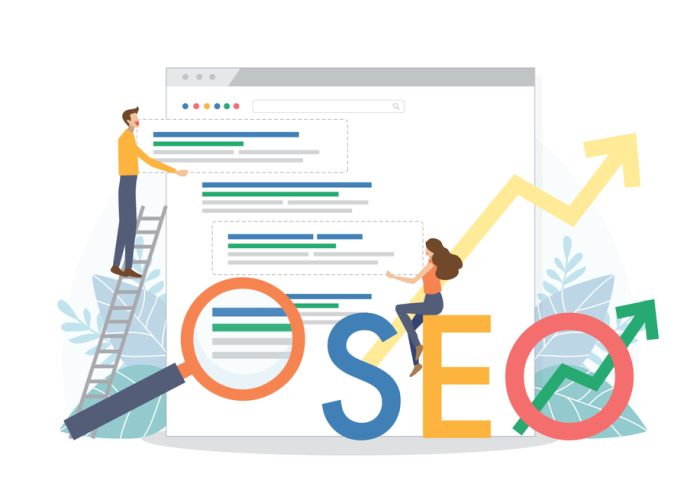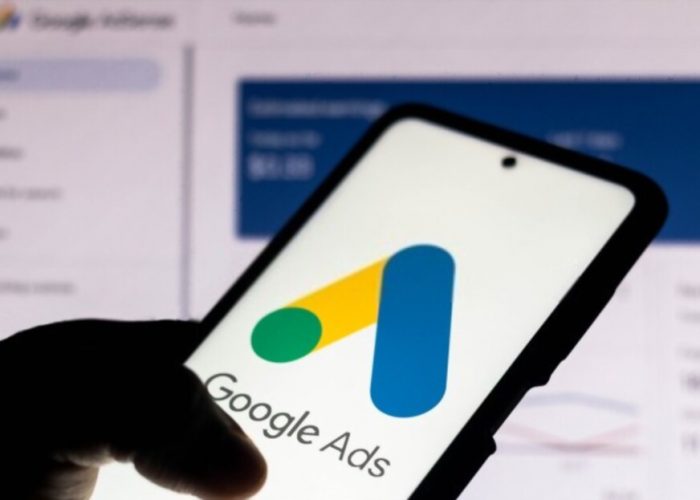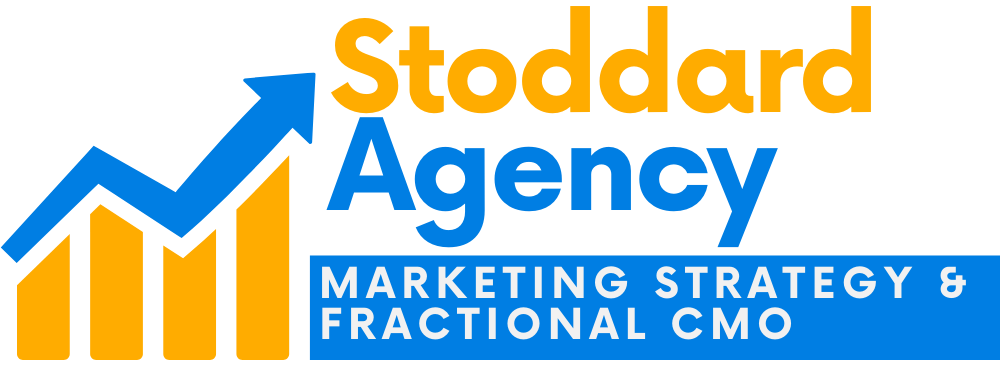Listings and directories are websites that allow you to upload your business details. This could be anything from Google My Business, to YellowPages.com, lead gen sites like Home Advisor/Angie’s List, Thumbtack and Neighborhood app, social sites like Facebook to obscure service-businesses directories you have never heard of. All of this helps direct traffic to your website via backlinks and therefore helps with your SEO.
You can build backlinks by writing articles on other websites or blogging, commenting on articles, and using social media. You can also buy them, or work out strategic link swapping arrangements with all kinds of webmasters, bloggers, and influencers.
You can get citations by creating an account with online directories or listing sites such as Yelp or Bing Places for Business and adding your business information.
The world of building backlinks for the purpose of SEO opens up a huge can of worms. The reason is that this is one area that the typical home services business owner has no clue about, much less understands the intricacies of what an SEO agency should be doing on your behalf.
Here is a great question to add to the first one:
Do you use Yext (or the equivalent) to synchronize NAP to the major data aggregators (data axle, Neustar/Localize, Foursquare), listings, directories, and citations? If not, do you do it all manually?
Here’s the rub: Almost all of them do use a service like Yext, but they don’t always renew it for you to keep it up-to-date annually or monthly, and therefore you are at risk of having incorrect information, or hacked information due to competitors or spammers messing with your listings.
Next, even if they do keep paying for this, they likely don’t clean it up much. There are countless manual processes that would be needed for you to get all your NAP information correct all over the Internet.
Granted, it is nearly impossible to fix all your listings, and may not be that important to get it perfect (the 80/20 rule applies here), but it doesn’t mean that you don’t have a few important ones (like your Google Businesses Page, or GMB) that absolutely need some individual attention.
…And that is where the truth comes out: There is almost nobody, and I mean nobody that fixes literally all of your listings, directories, and citations 100% of the time in 100% of the possible places to fix it. You are almost guaranteed to have some of the improperly done, or broken. It’s not something to panic about, but it is something to be aware of and you should at least get an honest answer from your SEO agency about this fact of life. They should at least give you a realistic expectation of what they will actually do, how much of it they are doing, what it costs you and why they do it.
Now, this whole NAP thing on listings and directories is only the beginning of the off-site SEO world of backlinks.
Where it really gets down to brass tacks is when you ask them how they get the other more valuable backlinks from high-authority quality domains, like influential blogs, or popular news sites to point to your content on your website.

















